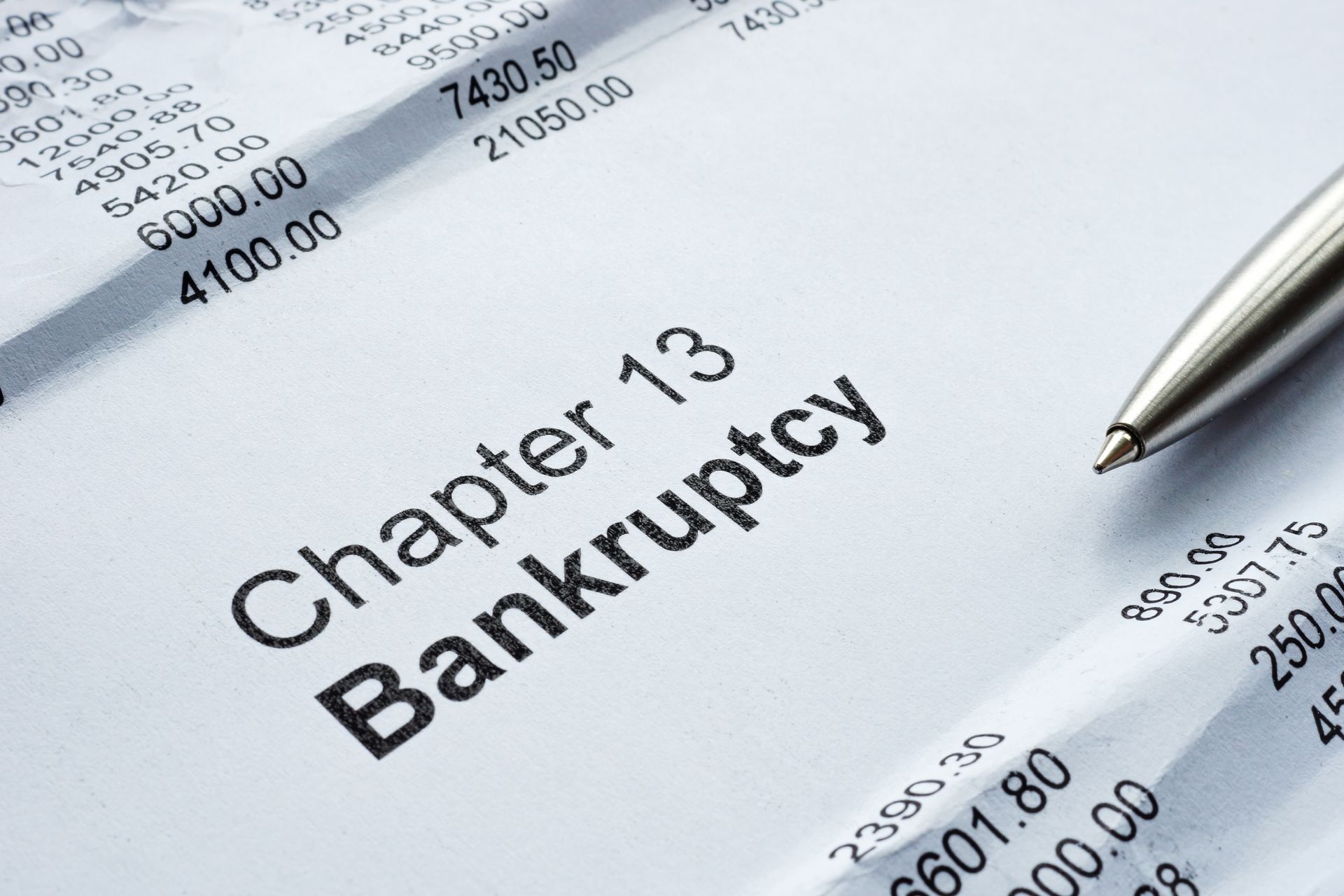What is a Merchant Cash Advance Loan?
What is a Merchant Cash Advance Loan?

What is a Merchant Cash Advance Loan?
Merchant cash advance loans (MCAs) are an innovative financing option designed for businesses that need fast access to working capital. Unlike traditional loans, MCAs provide a lump sum payment in exchange for a percentage of future sales, typically daily or weekly. If you’re running a small business and struggling with immediate cash flow, this might just be the lifeline you need.
Understanding the Basics
Defining Merchant Cash Advances
A merchant cash advance isn’t technically a loan. It’s more like an advance on your future revenue. Lenders give you upfront cash in exchange for a percentage of your future credit card or debit card sales. This makes it ideal for businesses with consistent card transactions.
How Does It Work?
Imagine borrowing money and repaying it through a small slice of your daily earnings. That’s essentially how MCAs operate. Repayments are automated, ensuring that you don’t miss deadlines. And because payments fluctuate with your sales volume, there’s no rigid pressure when business slows down.
Key Features of Merchant Cash Advances
Flexible Repayment Structure
Unlike traditional loans that require fixed monthly installments, MCA repayments adjust based on your sales. When sales are high, you pay more; when sales are low, you pay less.
No Fixed Monthly Payments
The absence of a rigid repayment schedule means you won’t face penalties for late payments. Instead, repayments are tied directly to your sales, offering unparalleled flexibility.
Speed of Access to Funds
Need money yesterday? Merchant cash advances are known for their lightning-fast approval processes. Once approved, funds are typically deposited into your account within 24 to 48 hours.
Pros and Cons of Merchant Cash Advances
Benefits
Fast Approval Process
Unlike banks, MCA providers don’t bury you in paperwork. Approval is quick, making this an ideal option for businesses facing emergencies.
Minimal Credit Requirements
Have a shaky credit history? That’s okay. MCAs prioritize your sales over your credit score, making them accessible to a wider range of businesses.
Drawbacks
Higher Costs Compared to Traditional Loans
MCAs often come with higher interest rates, sometimes disguised as factor rates. This means the total repayment can significantly exceed the original borrowed amount.
Potential Impact on Cash Flow
Because repayments are tied to daily sales, a prolonged dip in revenue can strain your cash flow, potentially leaving you vulnerable to financial challenges.
Who Should Consider a Merchant Cash Advance?
Ideal Businesses for MCAs
Retail stores, restaurants, and other businesses with regular card transactions often find MCAs a perfect fit. If your business relies on daily sales, you’re a prime candidate.
Situations Where MCAs Shine
MCAs work best for businesses facing short-term cash flow gaps, unexpected expenses, or opportunities requiring immediate investment. Think of them as a financial safety net for pressing needs.
Comparing Merchant Cash Advances to Traditional Loans
Speed of Processing
While bank loans can take weeks or months, MCAs are typically processed within days. That’s a game-changer for businesses in urgent need.
Flexibility in Repayment
Unlike the rigid repayment schedules of traditional loans, MCA repayments adjust with your sales, reducing stress during slower periods.
Cost Differences
Traditional loans usually come with lower interest rates but stricter qualification requirements. MCAs, though costlier, provide unmatched flexibility and speed.
How to Qualify for a Merchant Cash Advance
Revenue Requirements
To qualify, your business must demonstrate a steady flow of card transactions. Most MCA providers require monthly revenue of $5,000 to $10,000.
Documentation Needed
Unlike traditional loans, MCAs require minimal paperwork. Expect to provide bank statements, card transaction history, and basic identification documents.
The Process of Securing an MCA
Application Steps
Applying for an MCA is simple: fill out an application, submit financial documents, and wait for approval. Many providers even offer online applications for added convenience.
What Lenders Look For
Lenders focus on your sales history, not your credit score. They’ll evaluate your ability to generate consistent revenue through card transactions.
Merchant Cash Advances and Your Business
Ensuring Responsible Use
An MCA isn’t free money—it’s an investment. Use it for opportunities with high returns, like stocking up on inventory during peak seasons or funding marketing campaigns.
Avoiding Common Pitfalls
Don’t over borrow. Calculate how the repayment structure will impact your daily cash flow to ensure your business doesn’t face unnecessary financial strain.
Conclusion
Merchant cash advances can be a powerful financial tool for businesses needing quick access to capital. However, they come with higher costs and unique repayment structures, so they’re not a one-size-fits-all solution. Always evaluate your needs and choose wisely.
FAQ
What is the difference between an MCA and a loan?
An MCA is an advance on future sales, whereas a loan is borrowed money repaid with interest.
Can startups qualify for a merchant cash advance?
Typically, MCAs require established sales history, making it challenging for startups to qualify.
How quickly can I receive funding?
Funds are usually available within 24 to 48 hours after approval.
Are there risks with merchant cash advances?
Yes, including higher costs and potential cash flow disruptions during slow sales periods.
How can I ensure I choose the right provider?
Research providers, compare terms, and read customer reviews. Transparency in fees and terms is crucial.











